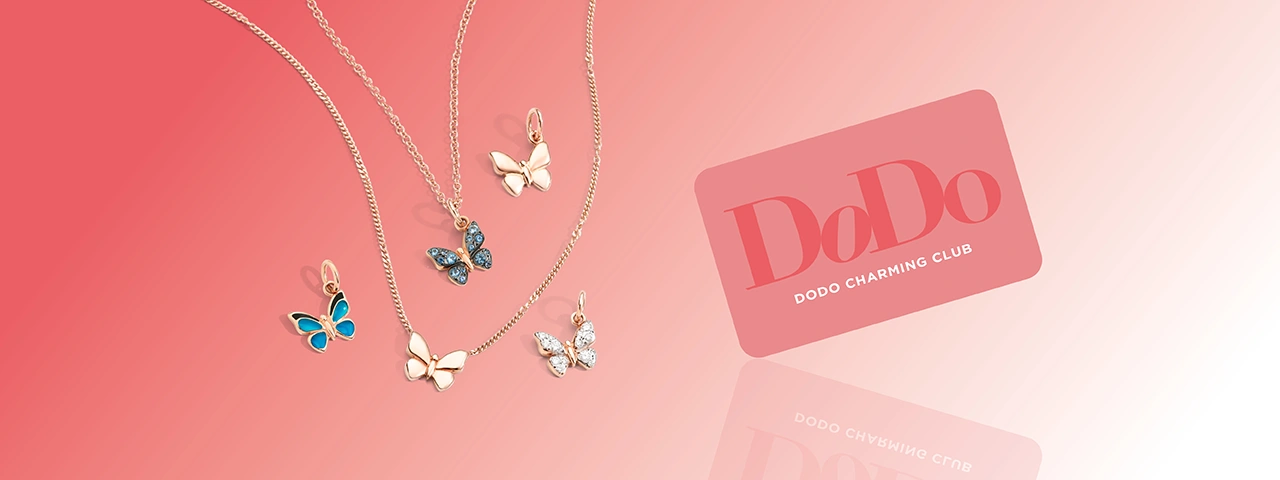SUSTAINABLE SOURCING
Dodo monitors and evaluates its environmental impact through the Environmental Profit & Loss account (a link to this document is available at www.kering.com), published each year by the Kering Group. The company has obtained RJC certification from the Responsible Jewellery Council (renewed at the end of 2023), and annually performs due diligence towards its commercial partners to verify any deviations from the OCSE guidelines, and has not identified risks to human rights along its supply chain. All of the transactions were considered in the checks performed in compliance with the RJC principles and have been classified as low risk.
Dodo has achieved its objective of guaranteeing that the gold supply is 100% sustainable thanks to the Kering RESPONSIBLE Gold Framework programme.









